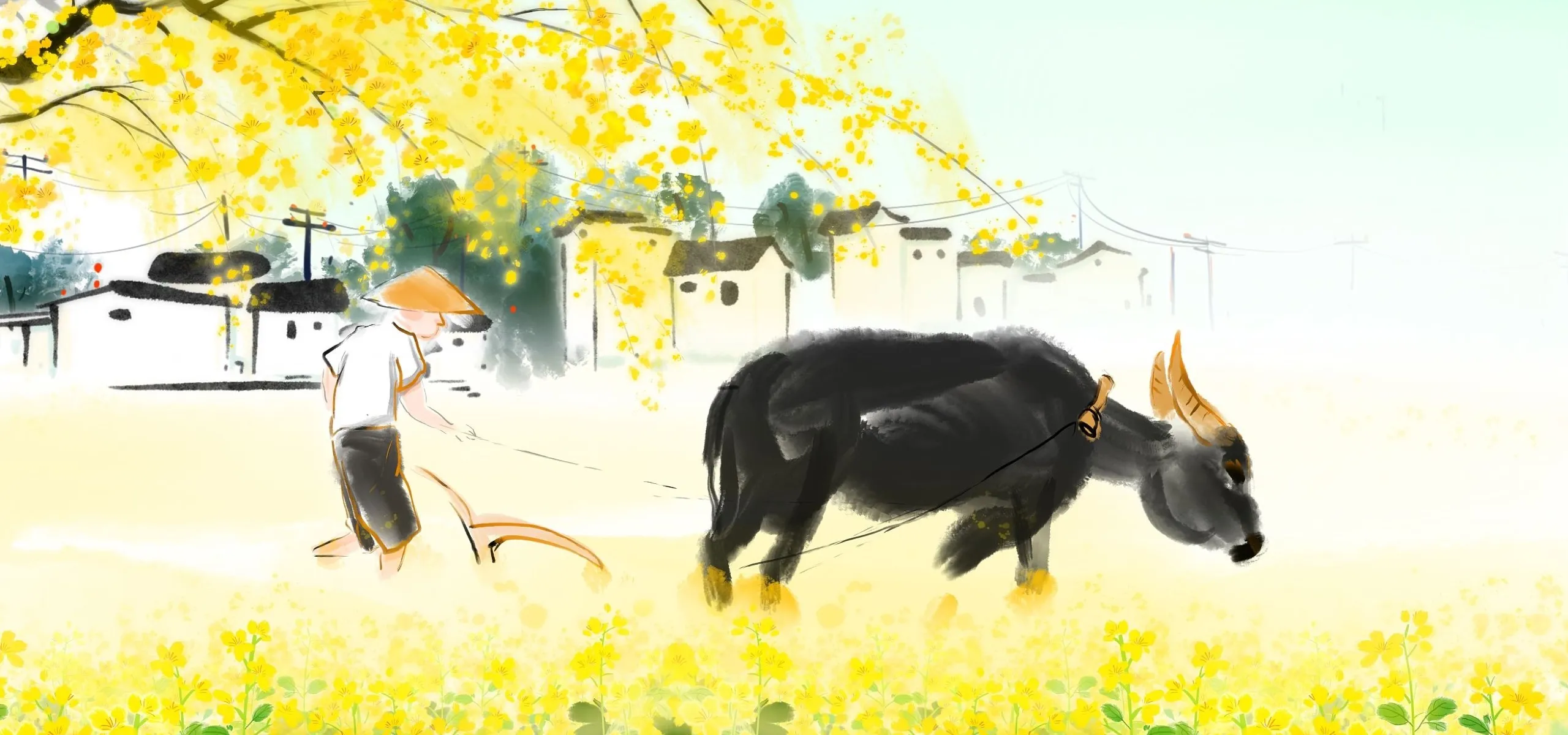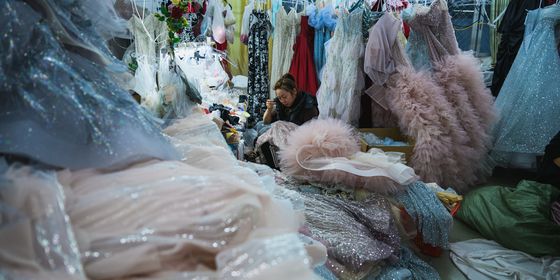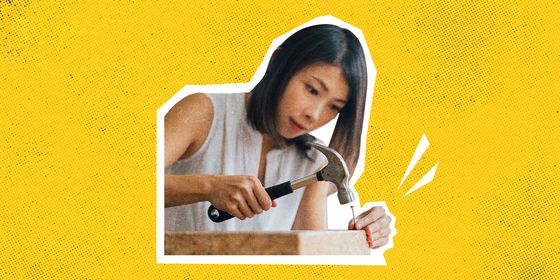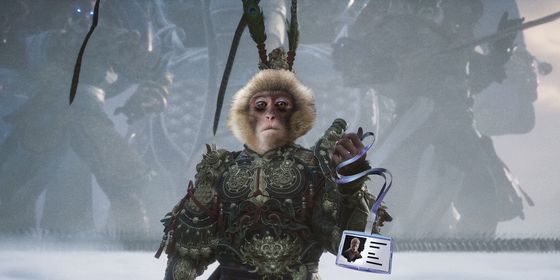On International Workers’ Day, we take a look at how ancient poets wrote about labor and the working classes
As a common slogan went during China’s Mao years, “Labor is the most glorious (劳动最光荣).” Nowadays, though, many of the country’s overworked tech programmers or “lying flat” urbanites may disagree—even today, on a public holiday for International Workers’ Day.
It could be worse: For centuries, the majority of the Chinese population worked manual jobs as peasant farmers suffering heavy tax burdens and unrelenting work hours for their troubles.
Ancient poets, a privileged and scholarly group, drew inspiration from the hardship and grit of the laboring classes in their poetry. From farmers working under the summer sun, charcoal sellers shivering in the winter snow, to silkworm breeders who couldn’t afford the garments they worked to make, poets regularly recorded their hard lives, expressed sympathy, and denounced social inequality.
Every schoolchild in China today learns to recite “The Peasants (《悯农》),” by Tang dynasty (618 – 907) poet Li Shen (李绅), which describes farmers sweating under the summer sun as they plow the fields. The last two lines, in particular, are famous, and often recited to teach children not to waste food.
“The Peasants“
At noon they weed with hoes;
Their sweat drips on the soil.
Each bowl of rice, who knows?
Is the fruit of hard toil.
- Translated by Xu Yuanchong (许渊冲)
Besides farmers, silkworm breeders were another major group of laborers in ancient China, providing the garments of city folks. Their work was arduous and time-consuming. They had to breed and raise the silkworms, collect the silk threads, and weave them into the silk fabrics for sale. Ironically (though perhaps not so different from workers in the modern garment industry), these workers spent their entire lives producing the fine fabric, but almost certainly never had the money to buy the products they made.
Song dynasty (960 – 1279) poet Zhang Yu (张俞) was profoundly affected by this realization, and wrote about it in his poem “The Silkworm-Raising Woman (《蚕妇》).” The poem tells the tale of a breeder from the countryside going to the city to sell her silk, and discovering the wealth of the city people.
“The Silkworm-Raising Woman”
I entered the city yesterday,
But returned with tears shedding,
Because I found those covered all over with silk,
Are actually not the silkworm breeders.
Meager incomes combined with low social status for ancient laborers, and social mobility was rare. Tang dynasty poet Qin Taoyu (秦韬玉) wrote about the futility of hard work in his poem “A Poor Maid (《贫女》).” The poem describes an industrious girl born to a poor family who, despite her expert textile-weaving skills and hard work, never has the opportunity to marry into a wealthy family. The last line of poem has become a common idiom used to describe someone who does all the work, but fails to get any of the recognition or payment for it.
“A Poor Maid”
In thatched hut I know not fragrant silks and brocade;
To be married I can't find a good go-between.
Who would love an uncommon fashion though self-made,
All pity my simple toilet and humble mien.
I dare boast my fingers’ needlework without peer
But I don’t vie with maidens painting eyebrows long.
I regret to stitch golden thread from year to year
But to make wedding gowns which to others belong
- Translated by Xu Yuanchong
Bai Juyi (白居易), a government official and one of the greatest poets of the Tang dynasty, frequently wrote about the plight of common laborers. “The Old Charcoal Seller (《卖炭翁》)” is one of his most famous. It describes how the seller is freezing outside while selling charcoal, yet still hopes the weather can become colder so that he can sell more. But two eunuchs from the court then approach and confiscate all the seller’s wares, claiming they are acting on the orders of the emperor, and leave little in return as payment.
“The Old Charcoal Seller”
What does the old man fare?
He cuts the wood in southern hill and fires his ware.
His face is grimed with smoke and streaked with ash and dust,
His temples grizzled and his fingers all turned black.
The money earned by selling charcoal is not just enough for food for his mouth and clothing for his back.
Though his coat is thin, he hopes winter will set in,
For cold weather will keep up the charcoal’s good price.
At night a foot of snowfalls outside city walls;
At dawn his charcoal cart crushes ruts in the ice.
The sun is high, the ox tired out and hungry he;
Outside the southern gate is snow and slush they rest.
Two riders canter up. Alas! Who can they be?
Two palace heralds in the yellow jackets dressed.
Decree in hand, which is imperial order, one says;
They turn the cart about and at the ox they shout.
A cartload of charcoal a thousand catties weighs;
They drive the cart away. What dare the old man say?
Ten feet of silk and twenty feet of gauze deep red,
That is the payment they fasten to the ox’s head.
- Translated by Xu Yuanchong












